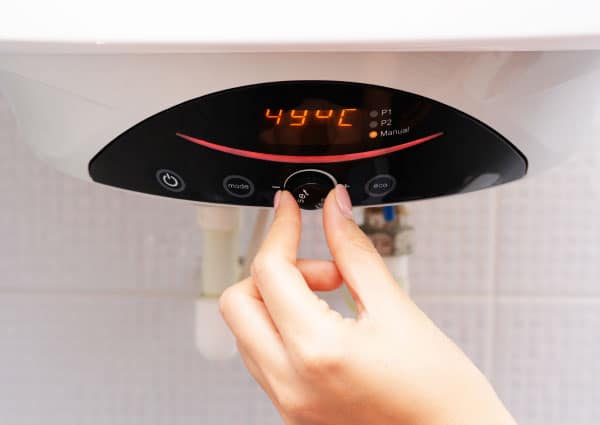The content which follows about Is Your Water Heater Leaking? is extremely stimulating. Read it for your own benefit and see what you think of it.

A water heater is just one of the most crucial standard appliances that can be located in a home. With hot water heater, you do not require to go through the tension of heating water by hand every single time there is a need to wash, wash, or the dishes. There is constantly a possibility that your water heater would act up as with the majority of mechanical gadgets.
It is necessary to note any kind of little breakdown as well as tackle it quickly prior to points get out of hand. The majority of times, your hot water heater starts to malfunction when there is an accumulation of sediments as a result of continual use. As a safety measure, periodic flushing of your hot water heater is recommended to avoid debris accumulation and stop practical failing.
Usual water heater emergency situations as well as exactly how to deal with them
Dripping water heater container.
In this situation, you need to turn off your water heater, allow it to cool down, and also thoroughly look for the source of the trouble. At times, all you need to do is to tighten up a few screws or pipeline connections in cases of small leakages. If this does not function and also the leakage persists, you could need to employ the solutions of a professional for an appropriate replacement.
Rising and fall water temperature level.
Your water heater might start creating water of various temperature levels normally ice cool or hot hot. In this circumstance, the first thing you do is to ensure that the temperature is readied to the wanted degree. If after doing this, the water temperature level keeps changing throughout showers or various other activities, you might have a faulty thermostat. There could be a demand to replace either the thermostat or the heating system of your water heater.
Insufficient warm water
It might be that the water heating unit can't sustain the hot water need for your apartment or condo. You could upgrade your water heater to one with a bigger capacity.
Tarnished or smelly water
When this occurs, you need to recognize if the problem is from the tank or the water resource. If there is no funny odor when you run cold water, then you are certain that it is your water heating system that is faulty. The smelly water can be created by rust or the buildup of bacteria or sediments in the water heating unit container.
Final thought
Some home owners ignore little warning as well as minor faults in their water heater system. This only causes more damages and also a feasible full failure of your appliance. You should deal with your water heater faults as soon as they come up to prevent more expenses and unneeded emergency problems.
With water heaters, you do not require to go via the tension of heating water by hand every time there is a demand to take a bath, do the laundry, or the recipes. Your water heating system might start producing water of various temperatures usually ice hot or chilly hot. It might be that the water heater can not support the warm water demand for your apartment or condo. If there is no funny odor when you run cold water, then you are particular that it is your water heating unit that is damaged. The stinky water can be caused by corrosion or the build-up of microorganisms or sediments in the water heating system container.
Common Water Heater Issues and What You Should Do
What Type of Water Heater Do You Have?
Before we begin it’s first important that you identify the type of water heater you have on your property. There are two main types of water heaters out there: conventional and high efficiency.
Both of these types of products typically use either gas or electricity to heat power. There are also solar water heaters that use a thermal collector on the roof or yard to heat the water.
While these models are not as common, they can cut heating costs in half. In this article, we will focus on conventional and high efficiency.
How Do My Electric and Gas Water Heater Work?
Though they look similar, electric and gas water heaters work very differently. It’s important to know their basic function because often problems can be specific to the heating source.
In the electric model, a thermostat on the side of the machine detects the temperature of the water in the tank. When the temperature needs to rise electricity flows to a heating element suspended in the water.
Gas models also use a thermostat device — typically with a mercury sensor at the tip and an additional sensor called a thermocouple. The thermocouple detects whether the pilot light is on and controls the flow of gas.
When the thermostat drops below the appropriate level gas is released which becomes ignited by the pilot light. The flame heats the bottom of the water tank which causes hot water to rise and cold water to drop.
This natural circulation continues until the water reaches the desired temperature. Then, the thermostat triggers the gas control valve to shut off the flow of gas.
What Are the Most Common Issues and How Do You Fix Them?
https://happyhiller.com/blog/common-water-heater-issues-and-what-you-should-do/

Do you like reading up on Common Hot Water Heater Problems? Try leaving feedback below. We would be interested to see your responses about this blog. We hope to see you back again soon. Do you know about somebody who is in to the topic? Feel free to share it. We treasure reading our article about Is Your Water Heater Leaking?.
Estimate